The Problem With Satire
December 12, 2018
Satire, defined as, “the use of humor, irony, exaggeration, or ridicule to expose and criticize people’s stupidity or vices, particularly in the context of contemporary politics and other topical issues,” has been popular since the 1800s, but has taken a new form in modern times. Satire is a powerful tool used to draw attention to maleficent faults in our society through powerful messages, however, it is ultimately up to the audience to act on those messages.
When used properly, satire helps change societal views for the better. For example, Joseph Heller’s 1961 novel, Catch-22, tells the story of the cynical anti-hero Captain John Yossarian, a World War II bombardier, who realizes his problem is with his own army, not the enemy when his missions begin to rapidly increase in number and danger. If he tries to excuse himself from his missions, he will be in violation of Catch-22: a man is considered insane if he continues to fly dangerous missions, but if he tries to be removed from duty, he will be proven sane and have to keep flying. The novel mocked the idealistic views of the greatest generation as a manipulative rhetoric that ruined the individual lives of the men serving instead of the enemy they were drafted to fight against. The novel was ridiculed and even banned in some areas, but it nonetheless helped people form a new perspective on war and even life that still impacts social views over 50 years later. Joseph Heller’s emotional satire helped to humanize the men and women serving in a time where they were just viewed as numbers on a kill count.
Over the years, numerous works of sharp-witted satire have helped to provide previously unspoken perspectives on society. In addition to Joseph Heller’s Catch-22, famous satire novels like F. Scott Fitzgerald’s The Great Gatsby and The Catcher in the Rye by J.D. Salinger share ground-breaking views. However, unlike the great works of the 20th century, modern satire has become more nuanced in their societal call-outs, leaving its impact up to the viewer.
It has become a growing trend in modern television to idolize the lead of satire shows, such as BoJack Horseman and Rick and Morty. Characters like BoJack Horseman aren’t clearly portrayed as good or bad; instead, the writers provide in-depth characters that the viewers can often relate to, leaving the interpretation of their actions up in the air. These characters often become antagonists in their own stories, but the humanization and reliability of these characters cause the audience to lose the shows’ messages in translation.
Netflix’s original series BoJack Horseman focuses on the story of BoJack Horseman, a washed-up Star of the 1990s sitcom Horsin’ Around that attempts to return to fame with an autobiography ghost-written by Diane Nguyen. The show also features his on and off relationship with his agent, Princess Carolyn, along with the adventures of his roommate Todd Chavez and his rival Mr. Peanutbutter.
BoJack Horseman is described as a “miserable hunk of a horse, drinking excessively, taking drugs recreationally, and treating women terribly,” by the Independent. As the show goes on, his character develops, but not always for the better. BoJack Horseman has received praise for its satirical take on modern society and show business, as well as its realistic portrayal of depression, trauma, addiction, and self-destructive behavior through the show’s protagonist, BoJack Horseman.
BoJack’s dark yet realistic portrayal of life with mental illness has attracted an audience that can relate to his struggles. The response to this portrayal, however, is not entirely one to be praised. Instead of recognizing BoJack as a personified cry for help, many viewers see BoJack as validation for their own self-destructive behavior. Being able to relate to characters like him is not always viewed as a wake-up call, and is instead viewed as normalization of self-destructive behavior. As character Wanda Pierce said in season two, “When you look at someone through rose-colored glasses, all the red flags just look like flags.”
The show itself is full of powerful messages about dark topics such as mental illness, sexual harassment, abortion, and death and these messages shouldn’t be ignored, but the story isn’t told to validate the darkness in our lives, it is told to shine a light on it.
When you find yourself relating to a character that is the antagonist in their own story, that should be a wake-up call to change your behavior and take a moment to self-reflect. Though modern satire has become a more subtle call-out of our society, it isn’t written to validate it. It is still a call-out. It is comforting to know you are not alone and satire can bring attention to the loneliness aspects of our society, but when you feel social norms affecting you, don’t forget that you contribute to the cause of them. Satire can focus on our darkest realities, but only we, as a society, as individuals have the power to change them. The problem with satire is that it only has as much power as we, the audience, give it.

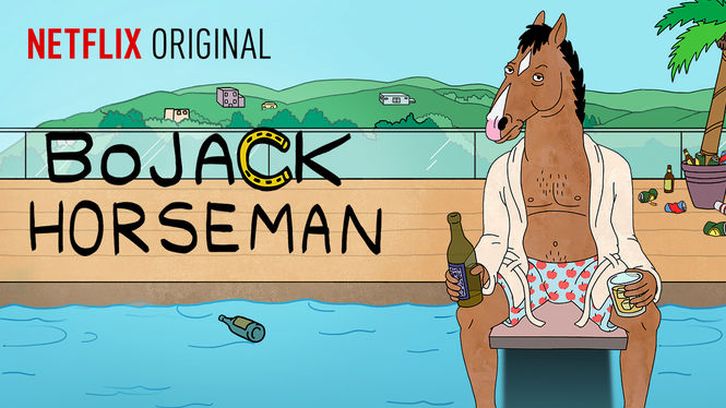

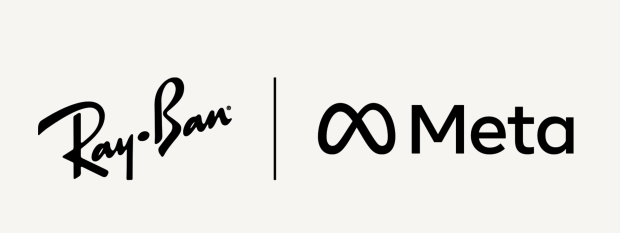

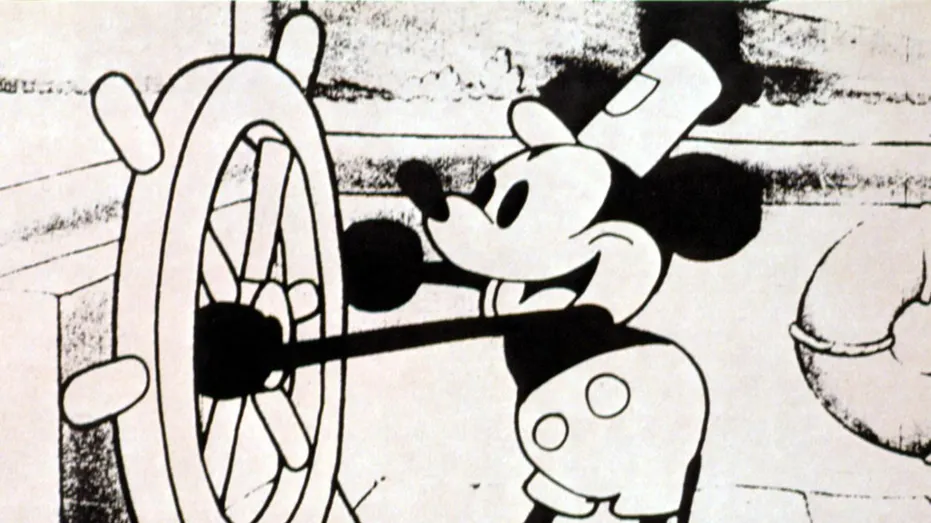

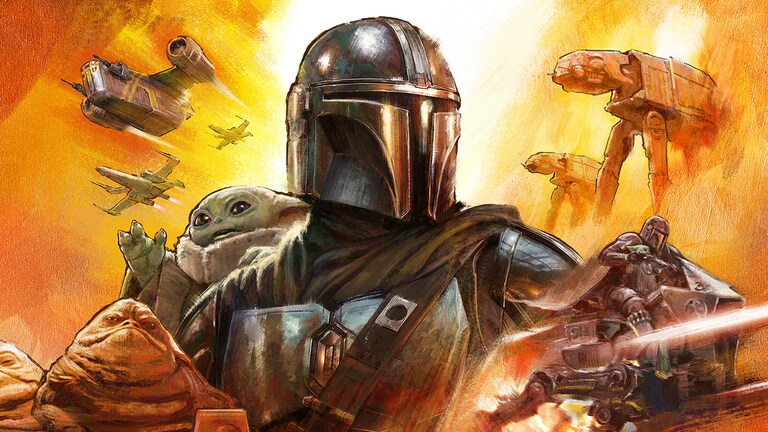
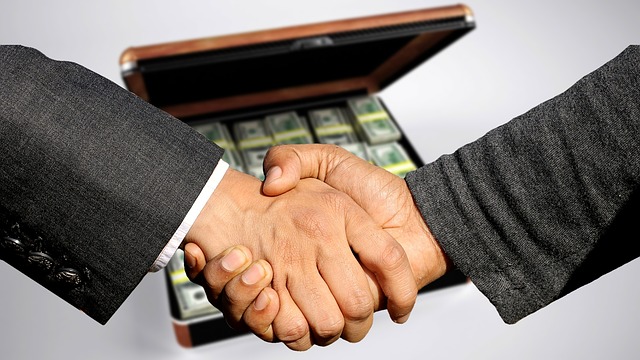




Phoebe Reiter • Dec 13, 2018 at 10:00 am
This was really insightful and interesting to read! I loved how you ended the article and brought up how satire can influence the world around us- if we let it.